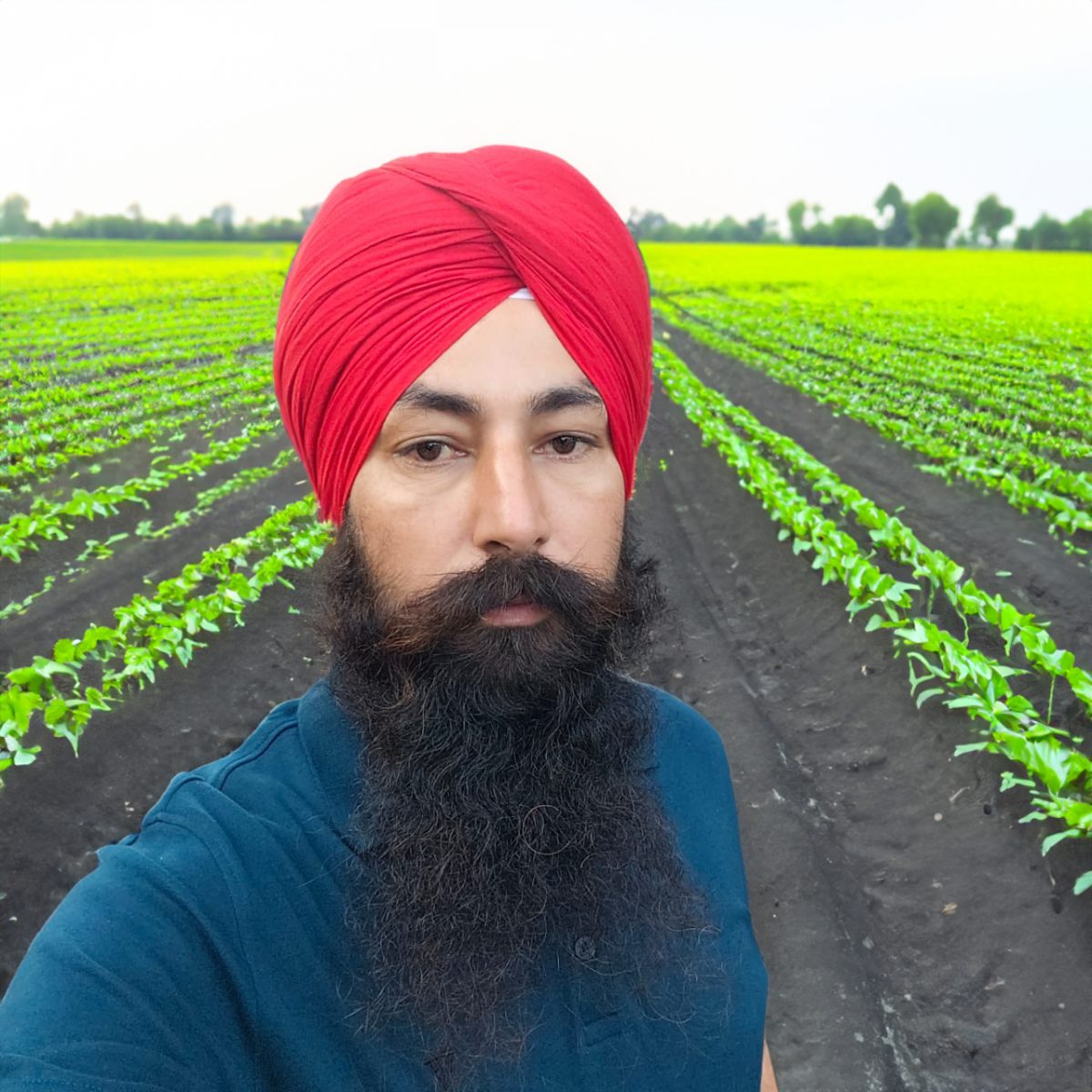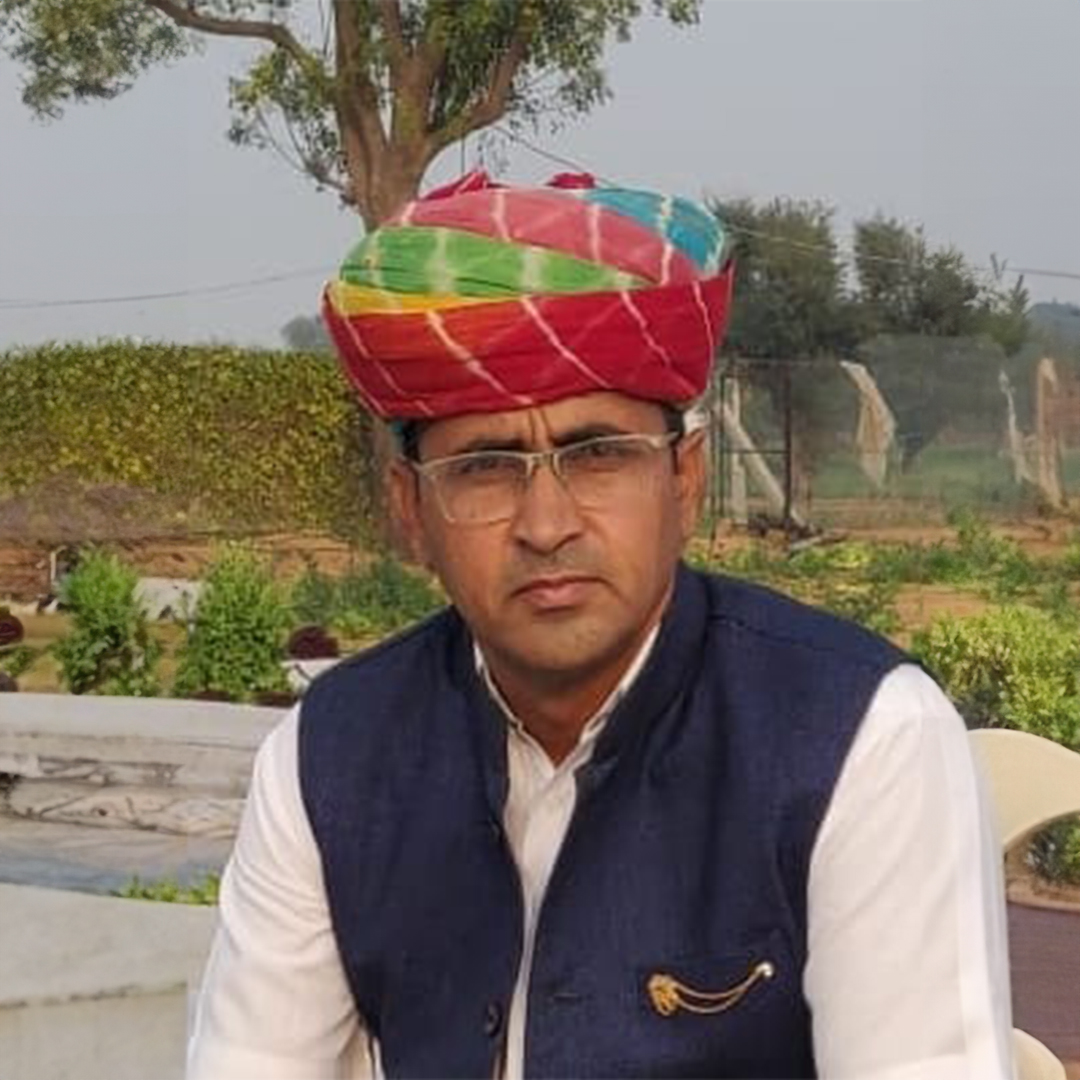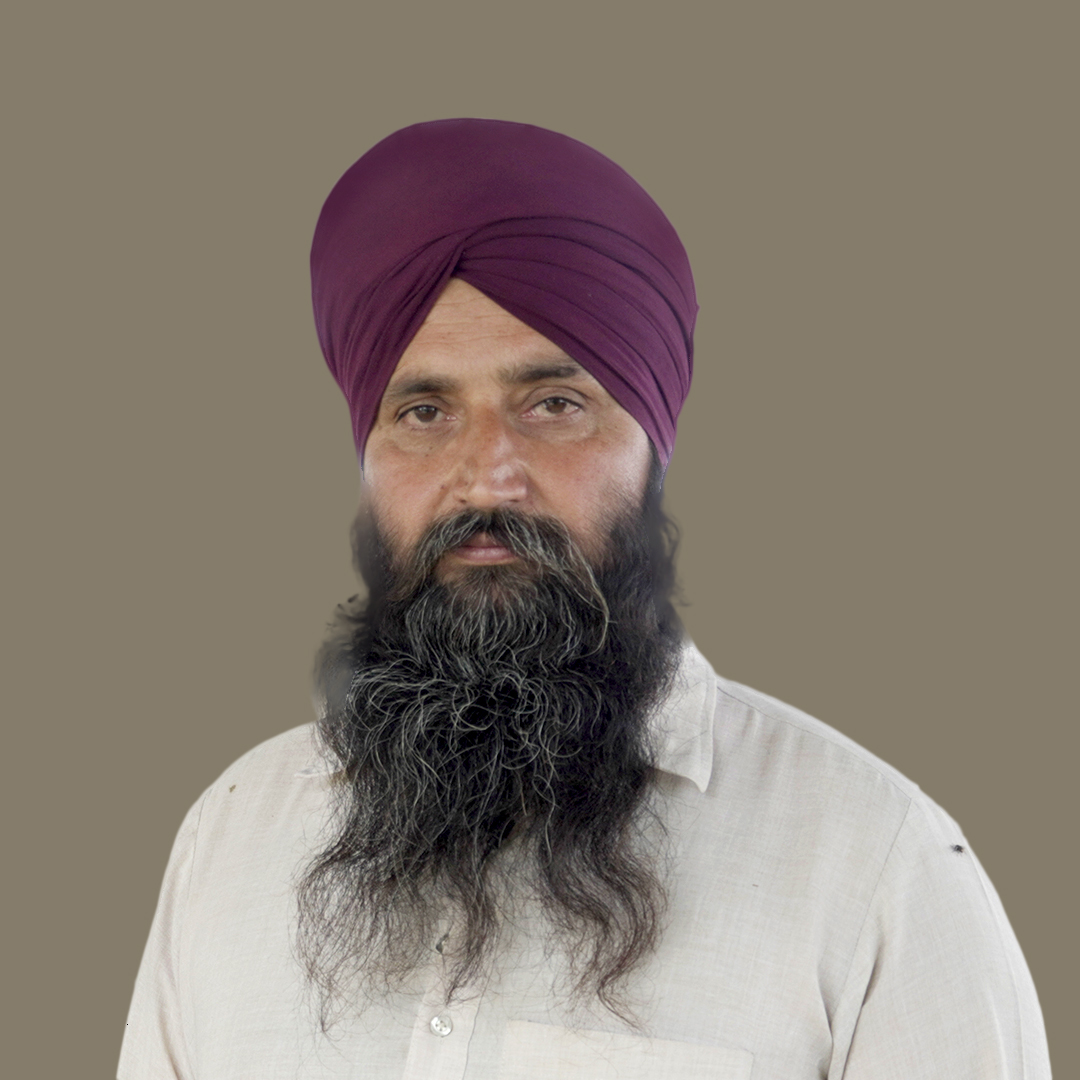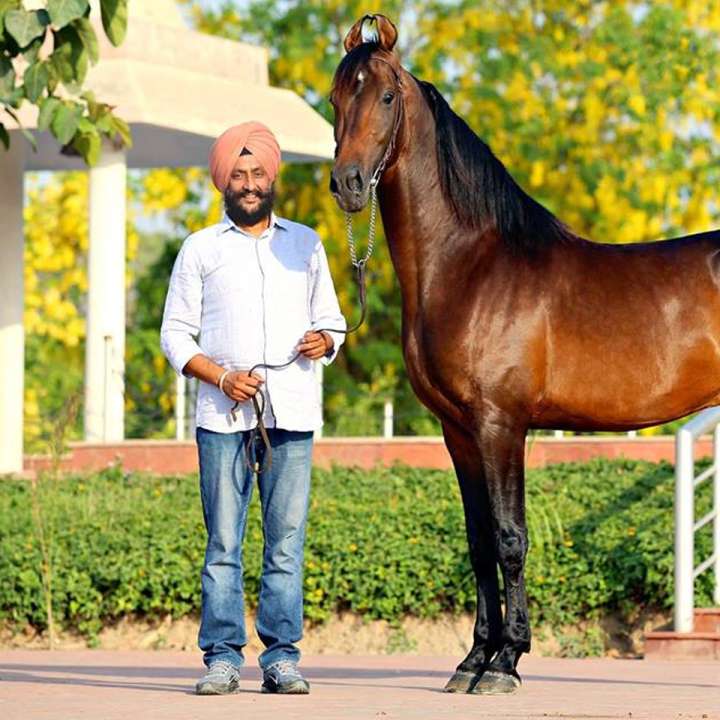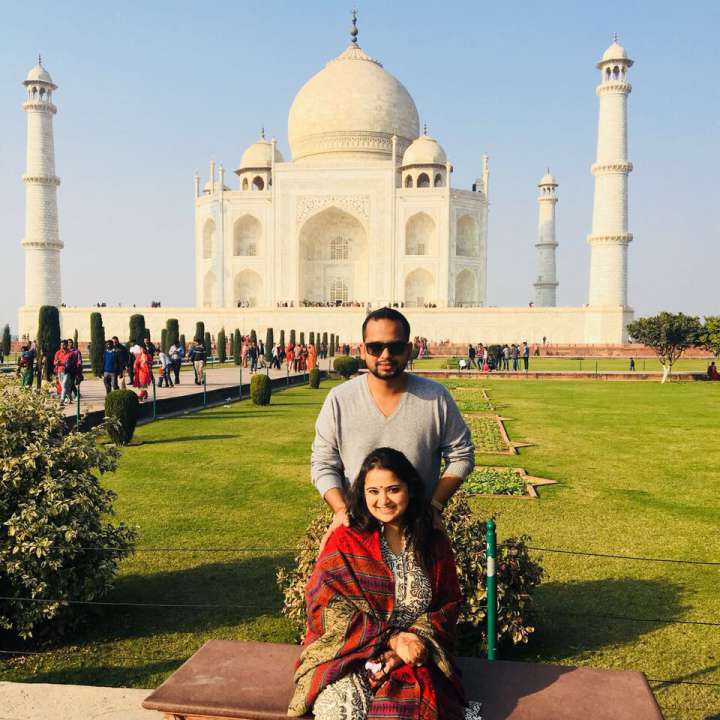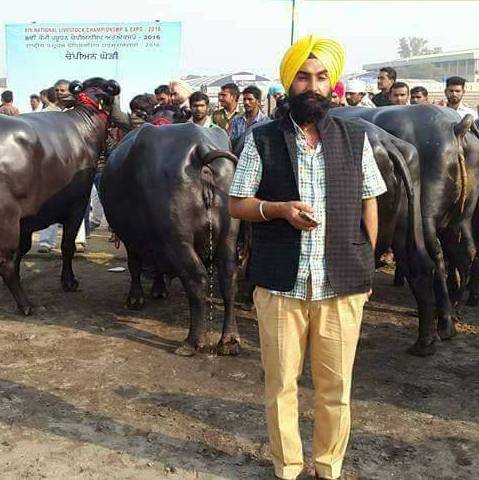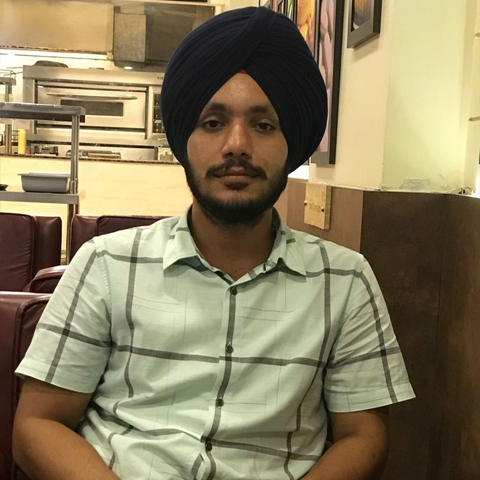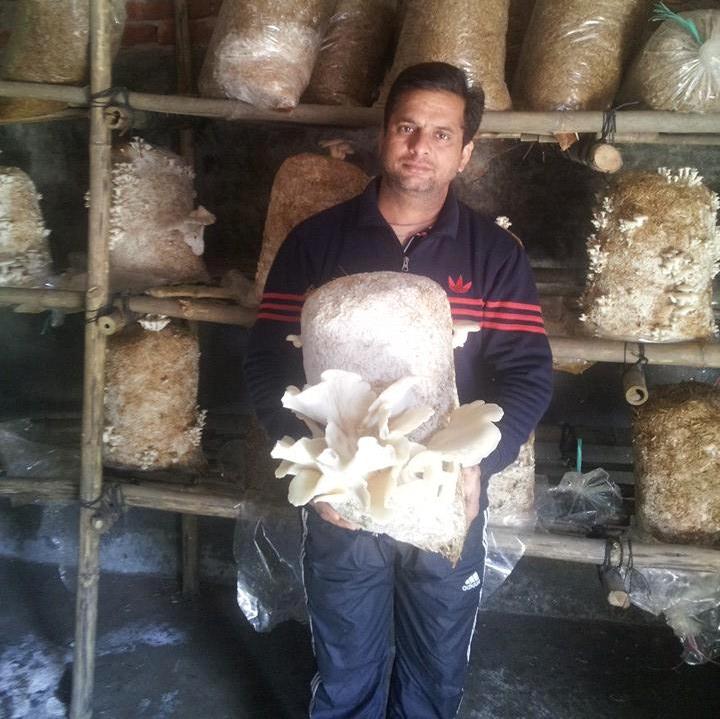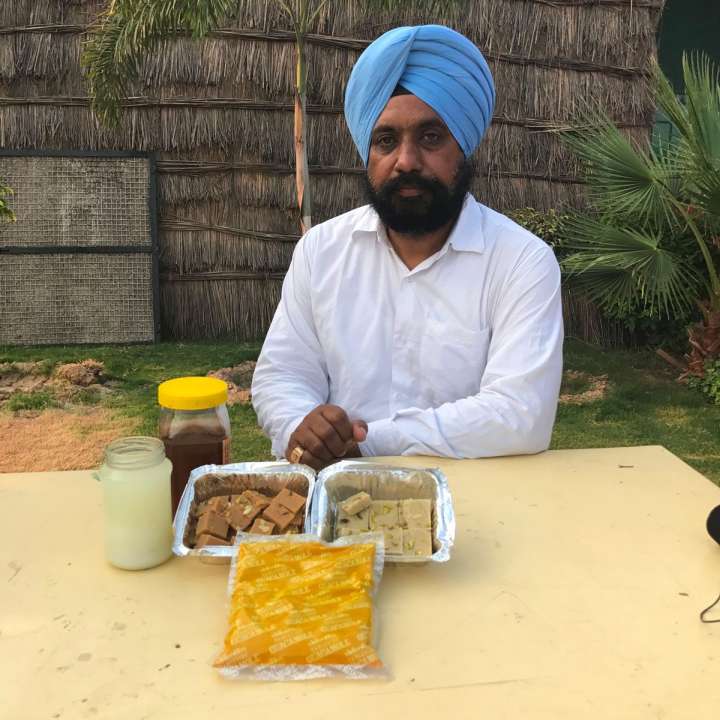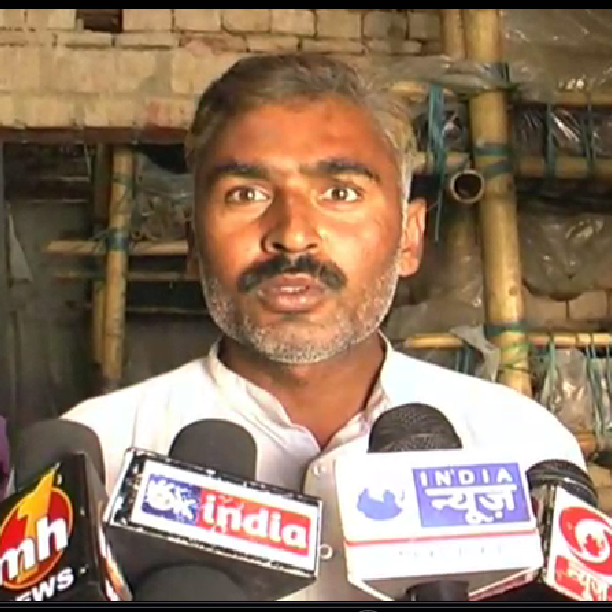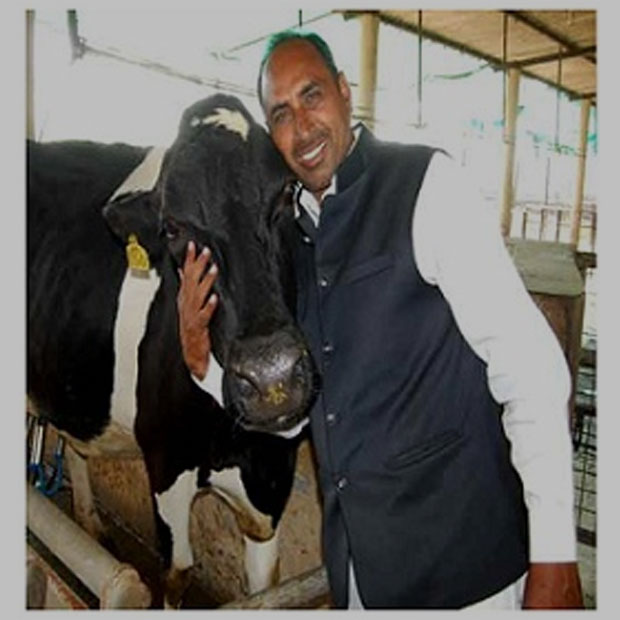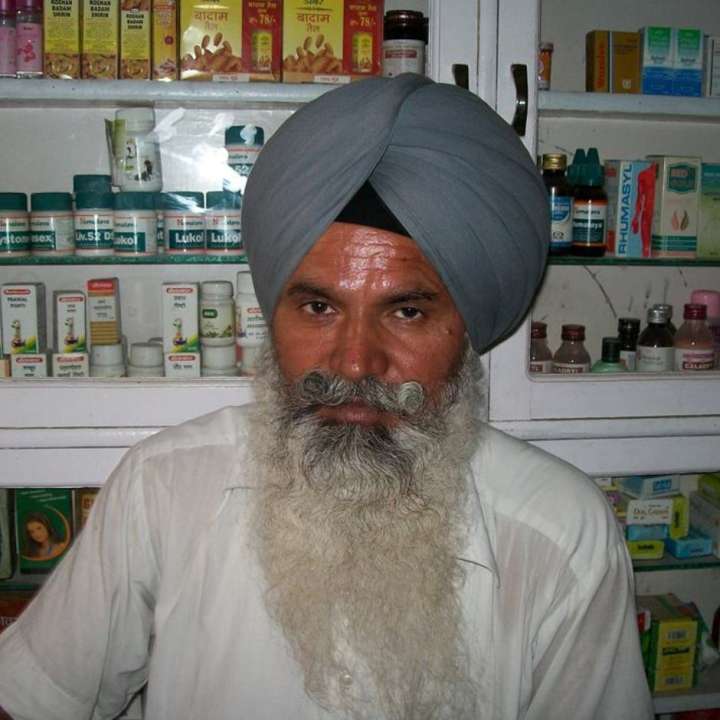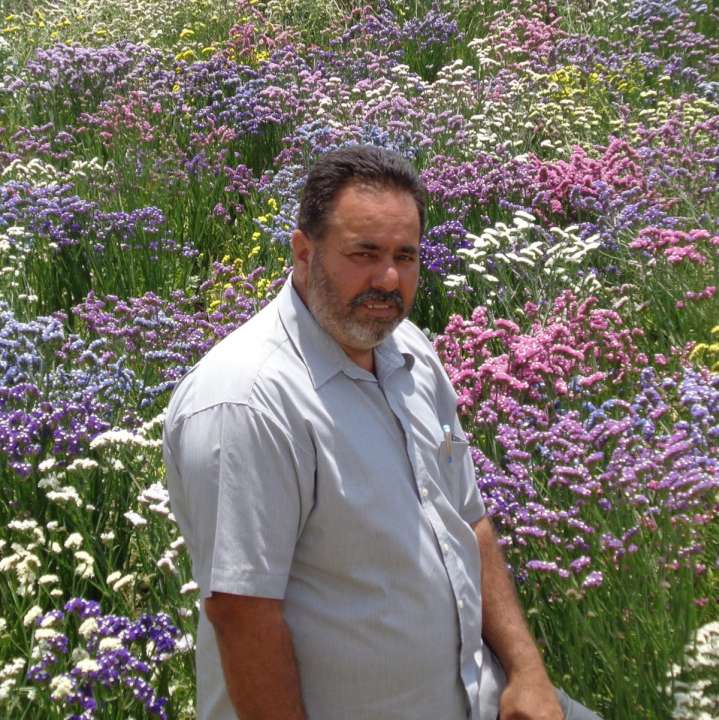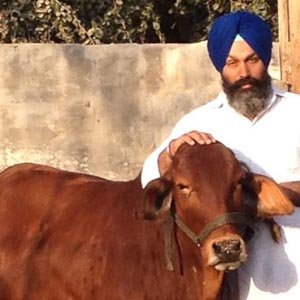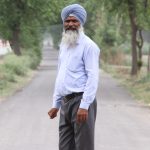Gurpreet Singh: Spearheading a Revolution in Sustainable Agriculture
Within the sprawling1 district of Bathinda, Punjab, lies the largest village in the region – Mehraj. Here, in this tranquil setting, Gurpreet Singh embarked on a remarkable journey into the world of agriculture. Born into a family with a deep-rooted connection to the land, Gurpreet’s journey into farming was a natural progression. However, what sets him apart is his dedication to organic farming and sustainable agriculture practices.
Gurpreet’s foray into farming commenced in 2009, when he decided to take up the mantle of his family’s agricultural legacy. His father had already been tilling the fertile Punjab soil for years, and it was under his guidance that Gurpreet nurtured his passion for farming. He cultivates a variety of crops on their 35-acre expanse, including Paddy, potatoes, mung beans, and mustard.
The Organic Farming Challenge: Patience and Promise
The turning point in Gurpreet’s agricultural journey came in 2017 when he made the pivotal decision to transition to organic farming. This marked the beginning of his quest to cultivate crops in harmony with nature, without the use of synthetic chemicals or pesticides. While he admits that the transition was not without challenges, he firmly believes that organic farming is the way forward. Currently he does organic farming on 3 acres of his land.
When discussing his shift to organic farming, Gurpreet emphasizes that while the initial years may not be as financially rewarding as conventional farming, the long-term benefits are immense. According to him, organic farming begins to yield significant profits by the fourth year. Despite the initial hardships, Gurpreet remains resolute in his commitment to take organic farming to a commercial level.
One of the driving forces behind Gurpreet’s dedication to organic farming is the increasing awareness among consumers about the importance of healthy, pesticide-free produce. People are willing to pay a premium for organically grown crops, and this growing demand provides a promising market for farmers like Gurpreet.
Gurpreet’s Ventures into Dairy
His journey isn’t limited to just farming; he also delved into the dairy business, with a herd of 25 to 30 animals at one point. However, realizing that the profit margins in this sector were limited, he shifted his focus back to organic farming and other agricultural endeavors. Currently, he maintains 15 animals, including cows and buffaloes, to meet his household requirements.
Championing Sustainability: Stopping Crop Residue Burning and Saving Water
One of the most remarkable aspects of Gurpreet Singh’s farming practices is his commitment to environmental sustainability. He actively refrains from the burning of crop residue, a practice that has been a major contributor to air pollution and environmental degradation in Punjab. Additionally, he has been a pioneer in implementing the direct-seeded rice (DSR) method, which significantly reduces water consumption compared to traditional methods.
Direct-Seeded Rice (DSR): A Water-Saving Innovation
The conventional practice of flooding rice fields consumes vast amounts of water, contributing to the alarming drop in water levels in Punjab. Gurpreet’s adoption of the DSR method, where rice seeds are directly sown into the soil, has achieved an impressive 80% success rate. His dedication to water conservation has earned him recognition from both agricultural institutions and fellow farmers.
Empowering Fellow Farmers: The Customer Affairs Center
Gurpreet Singh’s commitment to sustainable agriculture extends beyond his own farm. He operates a customer affairs center where he offers advanced farming techniques and services to fellow farmers. Services like the lucky seeder, silage plant, and vacuum planter have not only proven profitable for him but have also empowered other farmers to adopt more sustainable practices. He also provides knowledge on sustainable yet profitable practices within 25 to 30 Km of his village free of cost to the fellow farmers.
Guided by Agricultural Institutions and Community Support
His journey has been supported and guided by institutions like Punjab Agricultural University and Krishi Vigyan Kendra Bathinda. Gurpreet is also an active participant in various farmer groups that promote knowledge sharing and mutual support. He is a member of a group spanning across Punjab, Haryana, and Rajasthan, where farmers assist one another in overcoming challenges.
Recognitions and Accolades: Celebrating Excellence
Gurpreet’s innovative approaches in agriculture have garnered widespread recognition. He stands adorned with numerous accolades, including prestigious awards from esteemed institutions such as Punjab Agricultural University, Krishi Vigyan Kendra Bathinda, and the Khetibadi Vibhag. Notably, his exceptional contributions were celebrated on both the national and international stages, as he received honors from ICAR in Hyderabad in December 2022 and April 2021. His accomplishments extend beyond awards; he was notably conferred with the ‘Best Farmer’ Award during the International Conference ICSCI 2022, a testament to his exceptional dedication.
Furthermore, Gurpreet Singh’s pioneering efforts in crop residue management, including his steadfast commitment to eschew burning practices, have earned him widespread acclaim. His sustainable practices have attracted the attention of numerous news outlets, further highlighting the remarkable impact he has made in the realm of agriculture.
Agricultural Entrepreneurship: Selling Quality Products
Gurpreet sells his farm products to Punjab Agro, and his high-quality wheat commands double rates from local customers who appreciate the superior quality. Moreover, he supplies aromatic Basmati rice to neighboring Haryana, reflecting his commitment to quality and sustainability.
Words of Wisdom: Starting Small and Scaling Up
Gurpreet Singh has a valuable piece of advice for aspiring farmers. He suggests starting small when adopting new farming techniques. Experiment on a smaller portion of your land first, and if it proves successful, expand it to the entire farm. This approach not only saves time but also minimizes risk and costs.
Gurpreet’s Vision: Taking Organic Farming to New Heights
As he looks to the future, Gurpreet Singh envisions taking natural organic farming to new heights. He is passionate about educating fellow farmers about the importance of abandoning crop burning practices and implementing innovative methods to combat the depletion of water resources in Punjab.
Conclusion
In the heart of Punjab, Gurpreet Singh’s journey from conventional farming to a champion of organic, eco-friendly methods serve as an inspiration for farmers across the region and beyond. With his dedication and vision, Gurpreet Singh is not only securing a prosperous future for his farm but also contributing to the preservation of Punjab’s precious natural resources.


